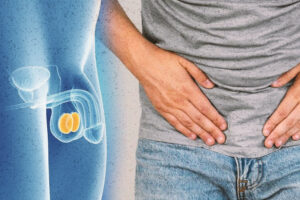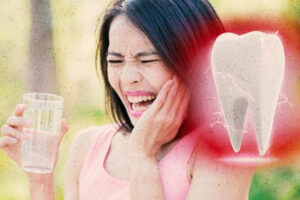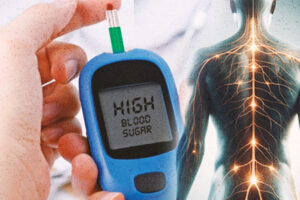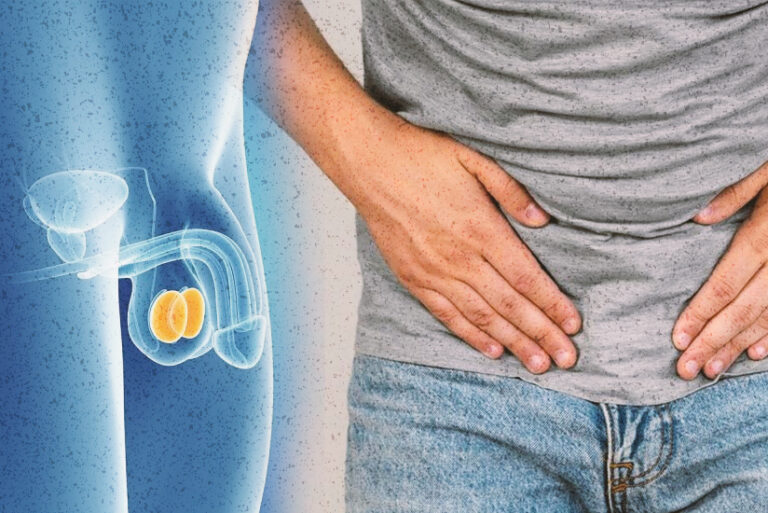By Leandrae T. Lapinig
Contrary to what people think, most Filipino males are not concerned about the size of their sexual organs. That was what Dr. JV Prodigalidad told ANCX’s Rhia Grana.
“I don’t really see a lot of patients complaining that their penis is small,” Dr. Prodigalidad, head of the Urology Department at Asian Hospital and Medical Center in Alabang, was quoted as saying. “A few do, but it’s mostly because they’re getting old.”
In fact, the length of a person’s penis may appear shorter as he grows older. This is due to the fact the prepubic fats tend to develop. Other reasons include comorbidities (hypertension, abnormal condition of blood vessels) and change in hormonal levels.
According to Dr. Prodigalidad, some medications like antidepressants and prostate drugs can also cause the length of the organ to become smaller. Smoking is a double whammy for the length of man’s sexual organ.
Now, if you are taking anabolic steroids – used by bodybuilders to increase muscle mass – the more the penis will shrink.
“What it does is it provides additional testosterone,” Dr. Prodigalidad explained to Grana. “The testosterone that is being produced by your testicles will then go down, because it senses the body is producing too much testosterone. As a result, the penis and testicles get smaller.”
Size does not matter, but performance does
But what is alarming is the number of Filipino males seeking consultations because of erectile dysfunction (ED), formerly termed impotence. It is not only the males themselves who come to his clinic but “sometimes even their partners.”
It is not surprising at all, Researchers estimate the global prevalence of ED to range from 3% to 76.5%, depending greatly on increasing age. And what most people don’t know is that ED significantly affects quality of life.
“ED can be a marker for cardiovascular disease, with 50% of our 50-year-old patients having ED,” pointed out Dr. Rachel Rubin, an American urologist with fellowship training in sexual medicine. “As physicians, we must do a better job of talking to our patients about ED and letting them know that it’s a marker for overall health.”
In a feature published by Medscape Medical News, Dr. Edward David Kim defined ED as “the inability to attain and/or maintain penile erection sufficient for satisfactory sexual performance.” It is also defined as “the consistent or recurrent inability to attain and/or maintain penile erection sufficient for sexual satisfaction.”
Marker for overall physical and psychosocial health
Although in some cases, particularly in younger men, ED may primarily reflect psychological concerns. But in most cases, ED results from organic disease – notably cardiovascular disease, diabetes mellitus, hyperlipidemia, and hypertension.
“Thus, ED may serve as a marker for medical conditions in need of treatment,” Dr. Kim said. And regardless of the cause, ED can have negative effects on patients’ self-esteem, relationships, and overall quality of life.
Dr. Kim said the first step in the management of ED is a thorough history that includes the following: sexual history, medical history, and psychosocial history. “A physical examination is necessary for every patient, emphasizing the genitourinary, vascular, and neurologic systems,” he said.
A focused examination entails evaluation of the following: blood pressure, peripheral pulses, sensation, status of the genitalia and prostate, size and texture of the testes, presence of the epididymis and vas deferens, and abnormalities of the penis.
“There is a strong correlation between hypertension and ED,” Dr. Kim said. “There is also a correlation between benign prostatic hyperplasia and ED, though the causality is unclear.”
The following are the treatment options for ED: sexual counseling, if no organic causes can be found for the dysfunction; oral medications; injected, implanted, or topically applied medications; external vacuum and constriction devices; and surgery.
“Many patients with ED also have cardiovascular disease; thus, treatment of ED in these patients must take cardiovascular risks into account,” Dr. Kim said.
Dr. Rubin, on the other hand, said for people with ED, the most important thing is a healthy erection. To have such, these three things are needed: healthy muscle, healthy nerves, and healthy arteries.
“If anything goes wrong with muscles, nerves, or arteries, this is what leads to ED,” Dr. Rubin pointed out. “Think through the algorithm of your patient’s medical history: Do they have diabetes, which can affect their nerves? Do they have high blood pressure, which can affect their arteries? Do they have problems with testosterone, which can affect the smooth muscles of the penis?”
Addressing doctors, Dr. Rubin said, “Understanding your patient’s history can be really helpful when you figure out what is the best treatment strategy for your patient.”
She said that for the penis to work, those smooth muscles have to relax. “Therefore, your brain has to be relaxed, along with your pelvic floor muscles. The smooth muscle of the penis has to be relaxed so it can fill with blood, increase in girth and size, and hold that erection in place.”
Dr. Rubin also talked about the biopsychosocial toolbox in treating ED. “Biology refers to the muscles, arteries, and nerves,” she explained. “The psychosocial component is stress: If your brain is stressed, you have a lot of adrenaline around that can tighten those smooth muscles and cause you to lose an erection.”
Treatment and management
Some people with ED take medications, which are generally affordable and accessible. But some people don’t want to take them or can’t tolerate the side effects.
Dr. Rahul Mehan, a urologist and founder of East Valley Urology Center, in Mesa, Arizona lists the following as side effects of ED medications: headache, heartburn, nausea, flushing, and pain in muscles, back, arms, or legs.
Here’s a good news: Recent data show that exercising for at least 30 minutes three times a week may be just as effective, if not more effective, than Viagra and similar medications at improving ED.
As published in The Journal of Sexual Medicine, the study found that aerobic activities – like walking or cycling – can improve erectile function in all men with ED, regardless of body weight, overall health, or medication use.
“Men with the most severe erectile dysfunction saw the greatest benefit,” the study said. – ###








